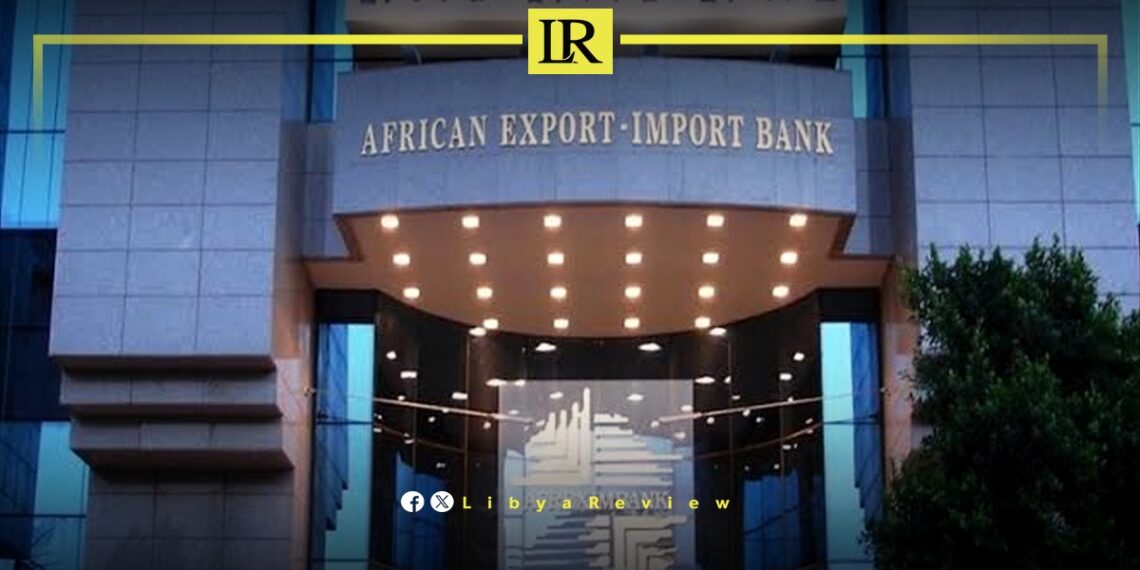Libya’s trade within Africa reached approximately $4.77 billion in 2023, according to recent data from the African Export-Import Bank (Afreximbank). This amount represents about 2.5% of the total intra-African trade, which totaled $192.22 billion for the year.
The Afreximbank report, “African Trade 2024: Climate Impacts of the African Continental Free Trade Area (AfCFTA) Implementation,” highlighted Libya’s limited export activity to Africa. Libya’s exports to the continent were valued at only $50 million in 2023, a small fraction of its total exports, which amounted to $25 billion.
Libya’s share of intra-African exports was estimated at 2.58%, while its imports from other African nations accounted for 2.48% of the continent’s total intra-African imports. The report also noted significant progress in implementing the AfCFTA since its launch on January 1, 2021. This agreement has played a crucial role in enhancing intra-African trade in 2023 by establishing enforceable tariffs and standardized customs protocols.
Libya’s foreign currency reserves increased to $80.1 billion in 2023 from $79.2 billion in 2022, providing coverage for 34 months of imports. The report also highlighted the volatility in oil prices, which negatively affected trade performance across Africa. Oil, which makes up more than 36% of Africa’s total exports, saw its average price fall to $82.62 per barrel in 2023 from $99.82 per barrel in 2022.
Libya, rich in natural resources, particularly oil, faces a complex economic landscape shaped by domestic and international factors. The country’s economy heavily relies on oil exports, which form the bulk of its revenue. Political instability and security challenges often disrupt production and export activities.
The AfCFTA aims to create a single market for goods and services, facilitating the movement of capital and people across Africa. For Libya, this agreement offers an opportunity to diversify its trade partners and reduce its reliance on oil exports by engaging more actively in intra-African trade.
Despite the challenges, Libya has maintained stable foreign currency reserves, essential for its import needs and overall economic stability. The increase in reserves in 2023 indicates a positive trend, providing a buffer against external economic shocks. However, fluctuations in oil prices have significantly impacted Libya’s trade performance, underlining the need for economic diversification.


